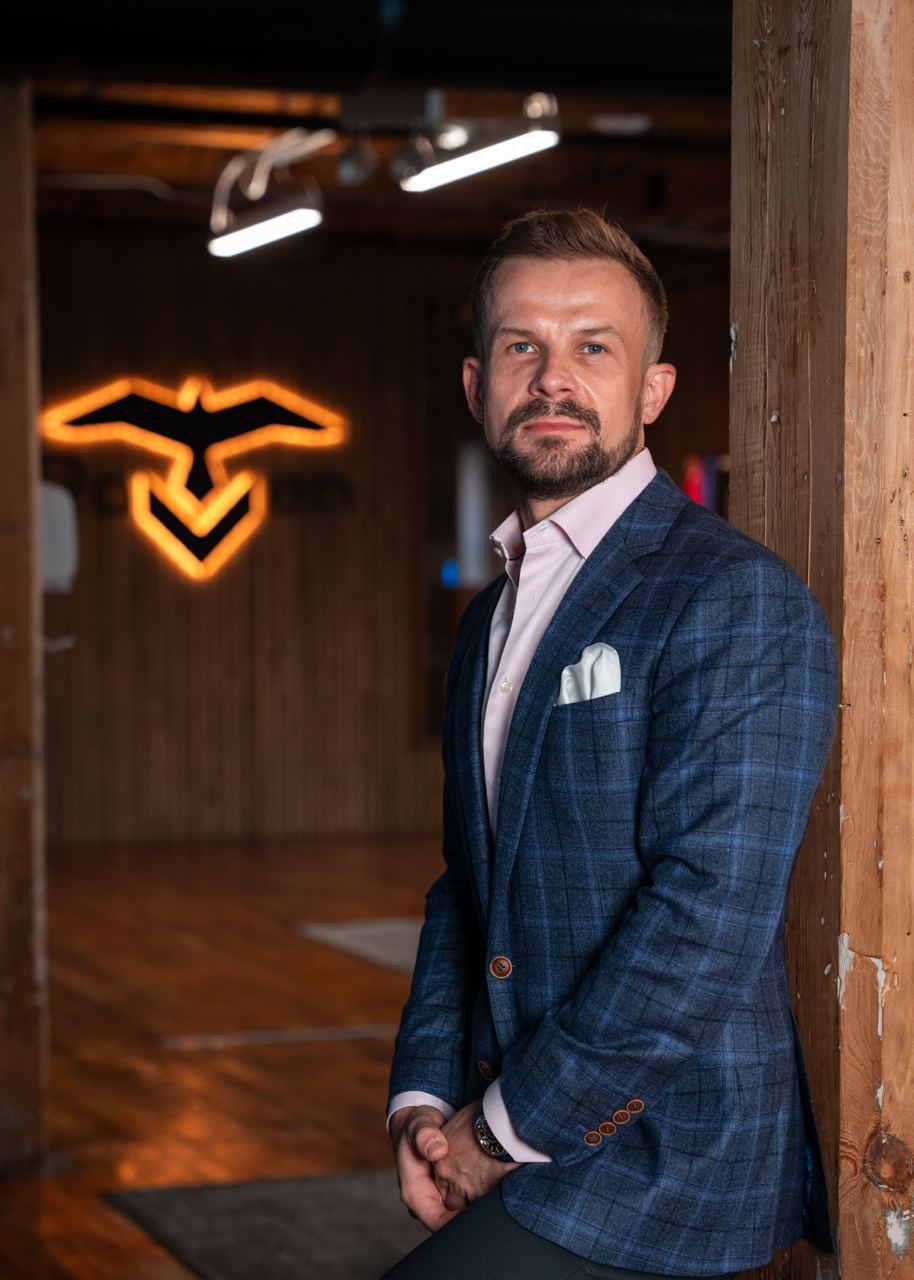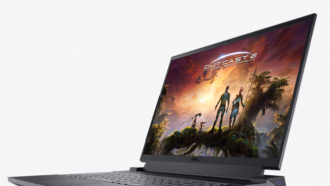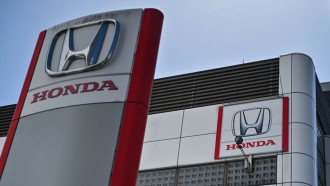
From the rudimentary transportation and storage systems essential for survival in ancient civilizations to the highly efficient supply chain systems developed later in history, the shipping and logistics industries have continuously adapted to meet the demands of society.
Fast forward to today, logistics technology has shifted from manual labor to mechanized ways of moving goods. Emerging technologies have ushered in a new era with their allure of reduced operational inefficiencies, cost savings, and the promise of lightning-speed deliveries.
Yet, this is not merely about speed or cost. According to Lucas Grizz, the founder of a highly successful freight brokerage firm, Raven Cargo, it's about providing unprecedented transparency into a sector that has historically been riddled with numerous stumbling blocks.
"Many conventional logistics firms struggle with disparate data systems due to a tangled network of isolated platforms," notes Grizz. "And the abundance of transactional data can lead to escalating labor costs in the shipping sector."
Grizz explains that when visibility is limited both upstream and downstream and when demand management processes are stuck in the past, companies often struggle to adapt quickly to changes in demand.
One of the biggest hurdles they face is dealing with mountains of data spread out across unconnected systems, hidden deep within spreadsheets, or tucked away in less-than-adequate software that is hard to access. This approach typically results in poor supply chain management, which has detrimental effects on all business operations.
Grizz recognized the potential of automation to streamline his company's logistics processes early on. By harnessing technology, Raven Cargo is now able to improve its track and trace capabilities and manage exception escalation processes, making its operations smoother and more reliable.
What made this possible is the company's innovative system called RavenEye. This cutting-edge integration layer, tailored for the logistics sector, effortlessly connects disparate data systems to bridge software gaps, enhance operational efficiency, and ensure data accuracy.
By ensuring a cohesive flow of information across platforms, RavenEye not only eliminates redundancy and inconsistencies but also significantly improves visibility and document exchange.
The tool has been indispensable for businesses aiming to streamline their logistics operations and achieve a unified, transparent view of their data processes.
"When a customer sends us a relevant document, our system automatically distributes it to the appropriate systems, such as accounting and transportation management," Grizz reveals. And whenever the customer wants a specific document, their software finds it in no time.
"Program searches for documents based on the customer's name or unique identifier. It retrieves the document from the relevant system, eliminating the need for manual searching, which in return saves time," he adds.
For clients, this means improved visibility of their shipments. With automation-driven processes, they can know precisely where their goods are at any given moment. This real-time tracking has dramatically enhanced customer satisfaction, making Raven Cargo a preferred partner for many businesses.
The implementation of a system such as Raven Cargo's signifies a significant leap forward for the logistics industry at large. This system not only increases process efficiency and cost-effectiveness but also sets a new standard of transparency and reliability in the sector.
For an industry that has often been criticized for its opacity, the potential, broader impact of Raven Cargo's system cannot be overstated. As Grizz reveals, streamlined operations lead to reduced delays, miscommunications, and errors - all factors that have traditionally plagued the industry.
"Improved visibility allows us to manage our resources better, predict demand, and plan for contingencies," he says. "This prepares us really well for any supply chain disruptions."
Looking ahead, Grizz continuously searches for other ways to streamline his company's operations, hoping others in the industry will follow.
As digitalization and automation sweep across industries even beyond shipping and logistics, Raven Cargo's system signals a move towards a more integrated, efficient, and customer-focused approach, setting the stage for a brighter future for all stakeholders in the supply chain.
As Grizz highlights, "The future of shipping isn't in bigger boats or faster planes, but in smarter systems. Systems that can anticipate changes, adapt quickly, and always keep the client informed."





